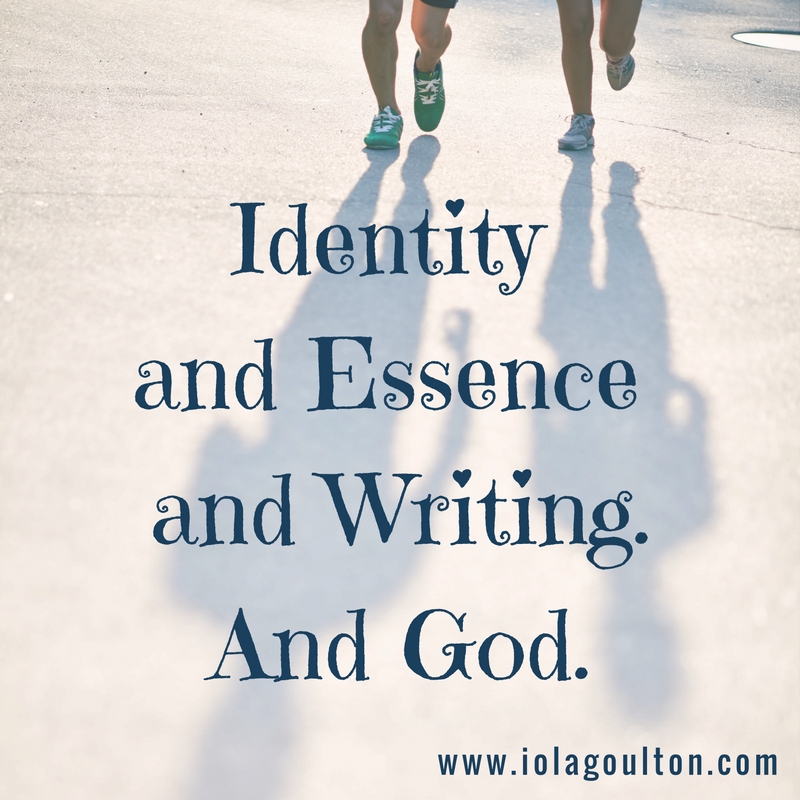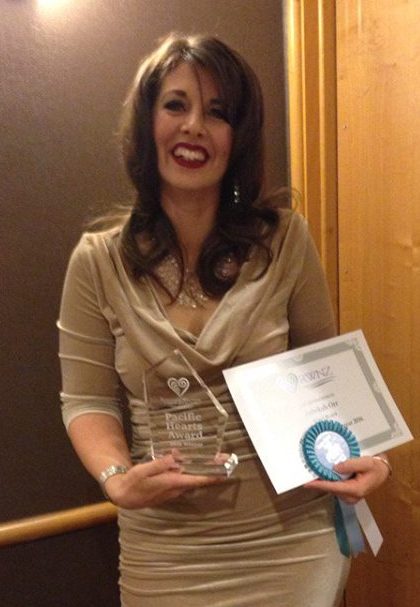I’ve recently returned from a three-day Romance Writers of New Zealand conference. Although it wasn’t a Christian conference, it was excellent, both for the content and for connecting with other local writers.

One thing which surprised me (but perhaps shouldn’t have) was the number of Christian attendees. The thing which surprised me more was that many of them had never read or even heard of Christian fiction and Christian romance. It didn’t surprise me that the non-Christians didn’t know, but the Christians? Yes, that surprised me. It seems I’m not alone in this: Ginger Solomon has recently made similar observations.
It was great to connect with other Christian writers, including the lovely Rebekah Orr—who won the 2016 Pacific Hearts Award (for unpublished manuscripts).

But the highlight for me were the sessions with Hollywood scriptwriting consultant Michael Hauge. I thought he was going to be talking about the technical side of plot and structure. But his main message was actually more about characterisation, because our number one goal as writers (especially romance writers) is about our characters:
Your #1 goal is to elicit emotion.
We must take our character on a personal journey, a journey that will create an emotional response in the reader.
Hauge’s basic premise of character development is that the character starts with an identity: believing something about themselves or the world around them that isn’t actually true. The character believes this lie because of some kind of internal wound. (Authors Angela Ackerman and Becky Puglasi have spent months examining various character wounds on their blog, Writers Helping Writers.)
There is also the essence: who the character really is. The novel therefore shows the character moving from identity to essence as the story moves forward. In a novel, we expect the hero or heroine to achieve this essence by the end of the story. The romance novels of today typically take place over a relatively short timeframe: months, if not weeks. Yet we know from personal experience this isn’t how life works. Our lives are more like the epic novels of the past, which often covered decades.
It struck me that this is basically how our lives run as Christians:
- We start in our identity, the person we think we are, a view that has been formed by all our life experience.
- There comes a time when we, as characters in our own stories, experience what Hauge calls the turning point: that moment of change, when we become a Christian.
- From then on we are working through our fears to move wholly into our essence: our identity in Christ. And as we know, this is a continual process.
It is easier said than done. Hauge took us each through a series of questions designed to examine our long-term and short-term personal goals (which wasn’t too difficult). But we then had to move into the harder questions: what is stopping us reaching those goals? What false beliefs or fears have we embraced that stop us moving forward? Are those beliefs real … or just logical? And—most importantly—are we prepared to move beyond that fear into our essence? It was a challenging session as we were all forced to confront some long-held beliefs and see them for the lies they are.
As Christians, we know our Christian walk, our journey to become more like Jesus, to become the person He created us to be is a lifelong journey. During that journey we will experience victories and setbacks (just like in a novel or movie). We will fight self (identity) in our struggle to reach our essence (identity in Christ). And that is how we become the hero (or heroine) in our own story.
I’m trying to do that. To be the star of my own story. To discover and pursue my essence, to become the person God meant me to be.

